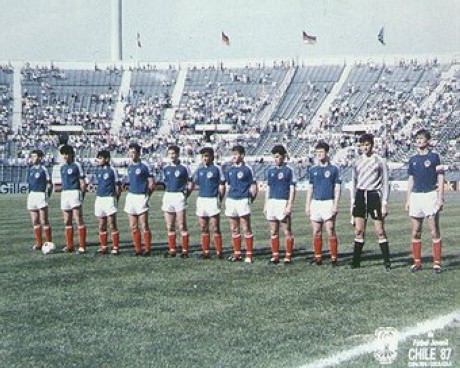


Astra Film Festival

… in Sibiu, Romania celebrates its 25th edition. For that reason Cineuropa brings an interview with the founding director Dumitru Budrala. He looks back and makes a status on the state of the documentary art. Here is a quote – but read it all, link below – including a question:
You said that documentary films are “lifeboats in a sea of alternative facts”. Can you elaborate on this opinion on the power and usefulness of the genre?
The audience potential of documentary cinema is amazing, as it can reach both a wider public and a specialised, niche audience. At every edition, Astra Film Festival offers a host of thematic sidebars that explore reality by proposing an intimate, detailed portrait of humanity. These films are a shortcut to social consciousness and a tool for change, “a therapy for the mending of society”, as Cristi Puiu [a jury member at Astra 2018] puts it. Both in Romania and around the world, daily events in the social and political landscape leave a mark on the very essence of the human condition. Reality is more spectacular than fiction – or, as they say, “life beats film”. Documentary has become more and more relevant because people feel the need for an alternative source of knowledge and new tools for understanding reality in a world where fake news, intolerance, cynical dissimulation and the redaction of the past are becoming more and more invasive…
Looking at the programme a thematic choice catches my eye, “On the Road to Europe” that features 10 films that deal with how Eastern European countries have been dealing with the post-communism reality. I was reminded of the fine films by Vuk Janic “Last Yugoslavian Football team” (for a football freak what a great team it was and what a tragedy that all went into pieces, at least football-wise), Hungarian Tibor Kocsis “New Eldorado”, a perfect illustration of new capitalism, Latvian Kaspars Goba’s “Homo@Lv” from 2010 (homophobia, intolerance) and Marcin Latallo’s “Our Street” from 2006, the deroute of working class family.
A clever so-called side-bar in a cleverly curated festival that runs until the 21st of October.